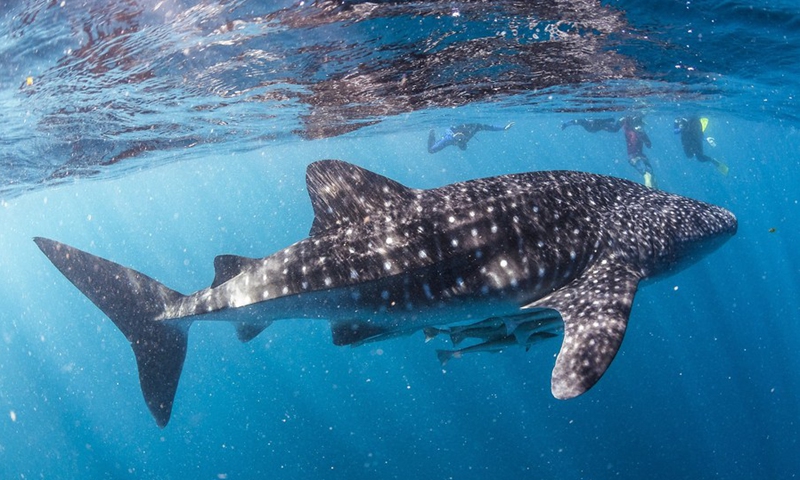Migration due to climate change could cripple ecosystems
A joint research project between Australia’s University of Technology Sydney (UTS) and the University of Adelaide has discovered that the country’s tropical fish have been migrating south as sea temperatures rise.
The study, published in the Proceedings of the Royal Society B biological journal on Wednesday, built upon 20 years of data monitoring on the abundance of fish populations along Australia’s east coast.
“We showed very strong patterns of these fish being seen, more often and more species, as the waters in New South Wales [NSW] warm up due to climate change,” Professor Ivan Nagelkerken, a marine ecologist at the University of Adelaide, told the Xinhua News Agency on Wednesday.
Nagelkerken said that at the beginning of the 20-year data set species of tropical fish were in the single digits off NSW’s coast, and now they have observed over 100 species.
He said the impact of this mass migration would be far reaching and crippling across ecosystems.
As tropical fish inhabit waters further south, they are likely to displace local species and also struggle themselves to survive year-round. “Tropical fish species are able to invade temperate waters, but during the winter by far the majority of them will die off because the winters are still too cold.”
As the tropical fish have adapted to new waters to escape rising temperatures off the Queensland coast, the researchers also noted short-term behavioral changes.
“These animals are in another environment, and our study found that this actually leads to them being a bit more scared. They show more shelter behavior. They’re more cautious,” said Nagelkerken.
He noted that these behavioral adaptations were limited and if waters continued to warm the fish would eventually be left with nowhere to go as they can’t migrate any farther than Australia’s easternmost point of land. “After Tasmania, there’s nothing. They have a big open ocean with no habitat to settle in.”
While mitigating climate change is the overarching problem, the researchers highlighted the importance of minimizing the stressors on animals at the local level.
“We [need to] manage our fishing in a sustainable way that buys some time for these fish to adapt to climate change, so we can do something on a local scale while we’ll be dealing with a global issue.”
Photo taken on July 11, 2016 shows divers watching a whale shark near Ningaroo Reef in Western Australia.(Photo: Xinhua)




